Together with Marcus Jeschke and Emilie Mace we are looking for a PhD student to join us for developing AI tools for optogenetic sensory restauration.
Apply now: sinzlab.org/positions/20...
#PhDposition #AI #Neuroprosthetics #ML #NeuroAI #Hiring
Together with Marcus Jeschke and Emilie Mace we are looking for a PhD student to join us for developing AI tools for optogenetic sensory restauration.
Apply now: sinzlab.org/positions/20...
#PhDposition #AI #Neuroprosthetics #ML #NeuroAI #Hiring
Different ways can be found in the continual learning literature, with the most-used one making rather crude approximations.
This has bothered me (and others!) for a long time, and I finally take this on in an ICLR blogpost: arxiv.org/abs/2502.11756
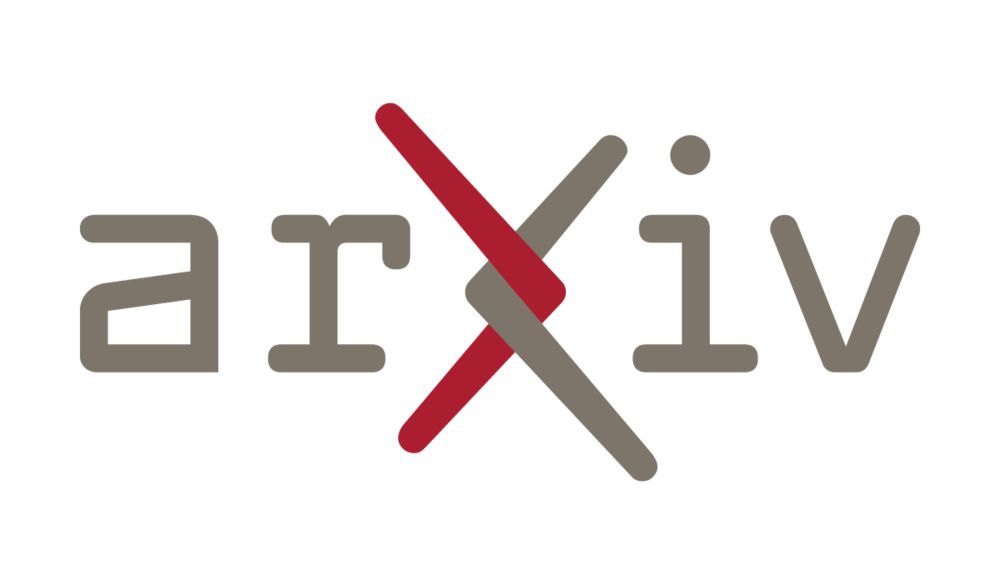
Different ways can be found in the continual learning literature, with the most-used one making rather crude approximations.
This has bothered me (and others!) for a long time, and I finally take this on in an ICLR blogpost: arxiv.org/abs/2502.11756
In our new collaborative paper w/ many amazing authors, we argue that “Continual Learning Should Move Beyond Incremental Classification”!
We highlight 5 examples to show where CL algos can fail & pinpoint 3 key challenges
arxiv.org/abs/2502.11927
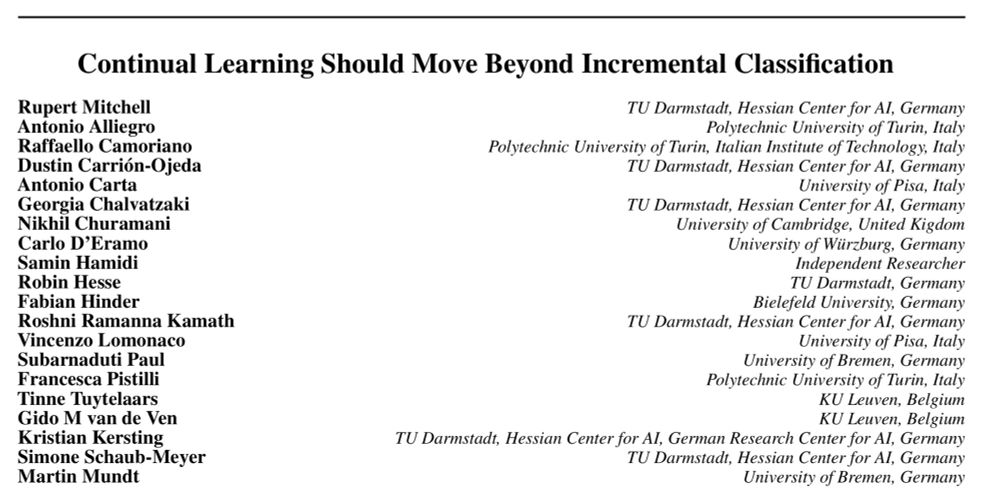
In our new collaborative paper w/ many amazing authors, we argue that “Continual Learning Should Move Beyond Incremental Classification”!
We highlight 5 examples to show where CL algos can fail & pinpoint 3 key challenges
arxiv.org/abs/2502.11927
The report of the #CVPR2023 CLVision challenge on **Continual learning in the presence of repetition** is out in Neural Networks. #OpenAccess
www.sciencedirect.com/science/arti...
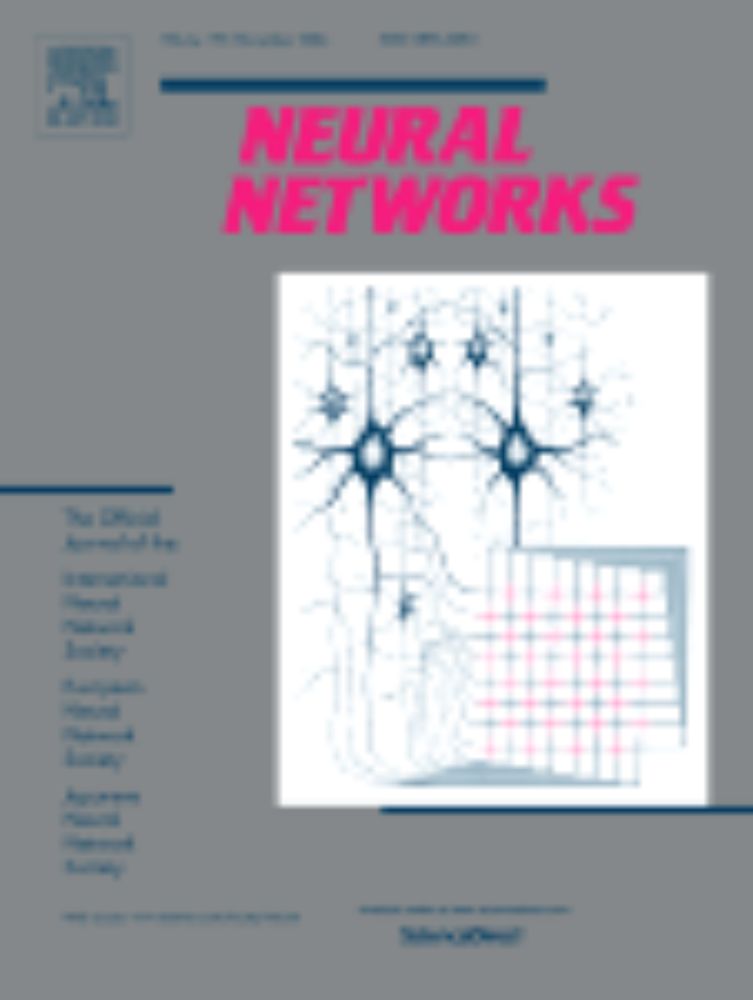
The report of the #CVPR2023 CLVision challenge on **Continual learning in the presence of repetition** is out in Neural Networks. #OpenAccess
www.sciencedirect.com/science/arti...
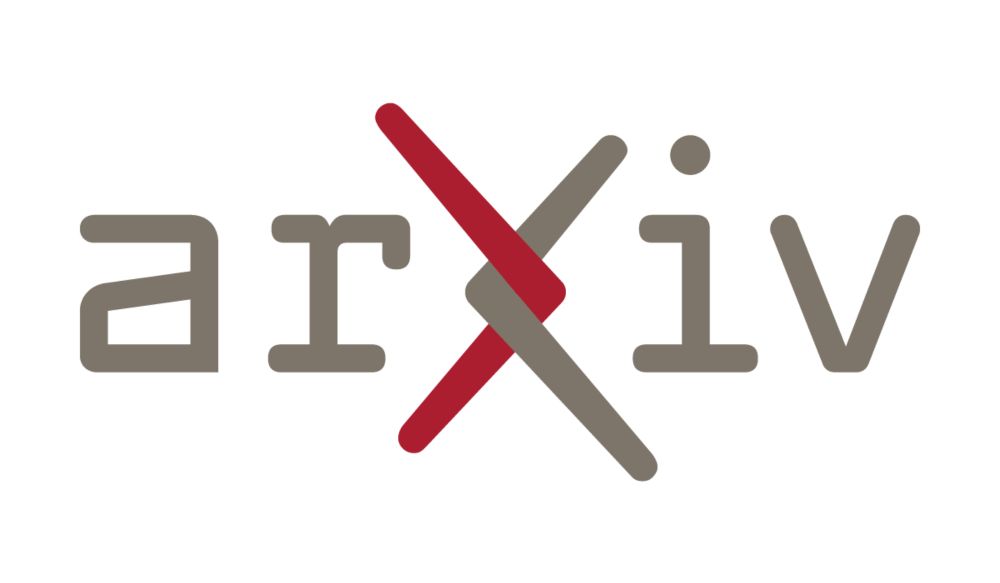
Read about the different ways generalisation is defined, parallels between humans & machines, methods & evaluation in our new paper: arxiv.org/abs/2411.15626
co-authored with many smart minds as a product of Dagstuhl 🙏🎉
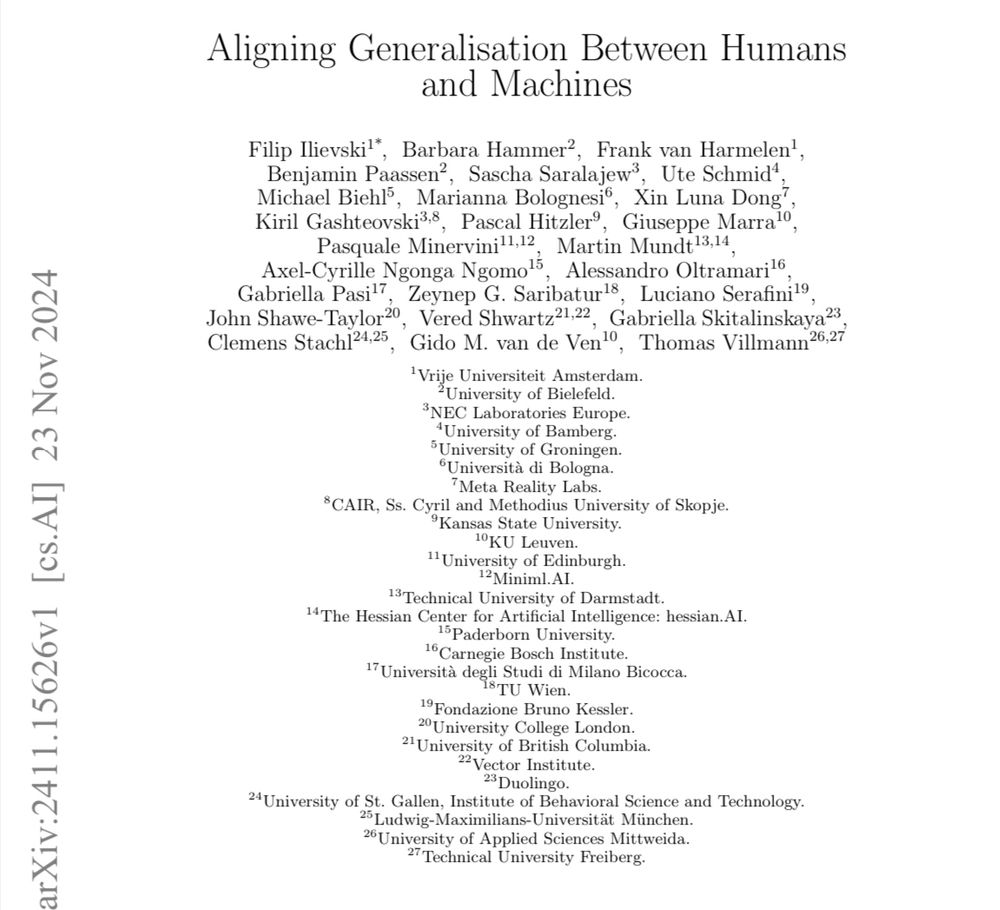
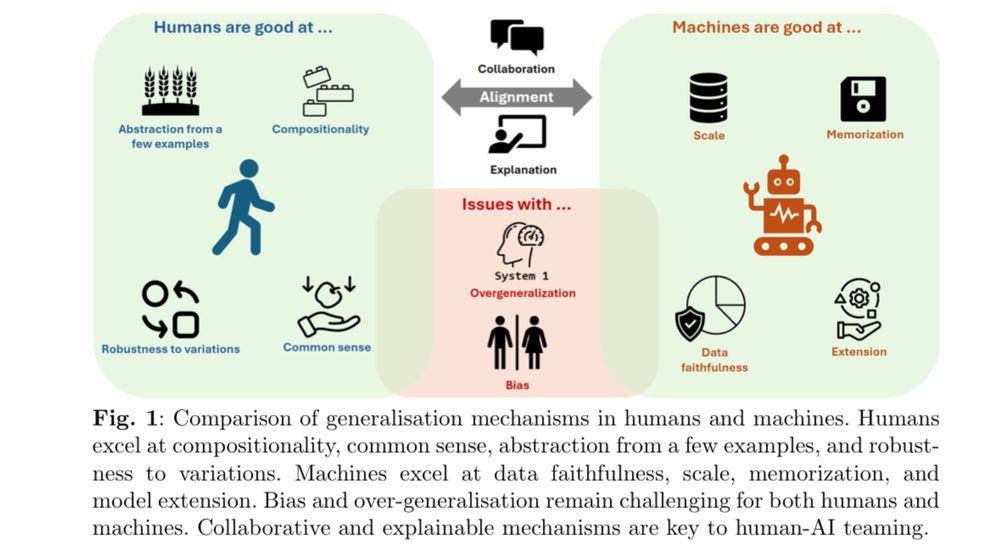
Read about the different ways generalisation is defined, parallels between humans & machines, methods & evaluation in our new paper: arxiv.org/abs/2411.15626
co-authored with many smart minds as a product of Dagstuhl 🙏🎉

